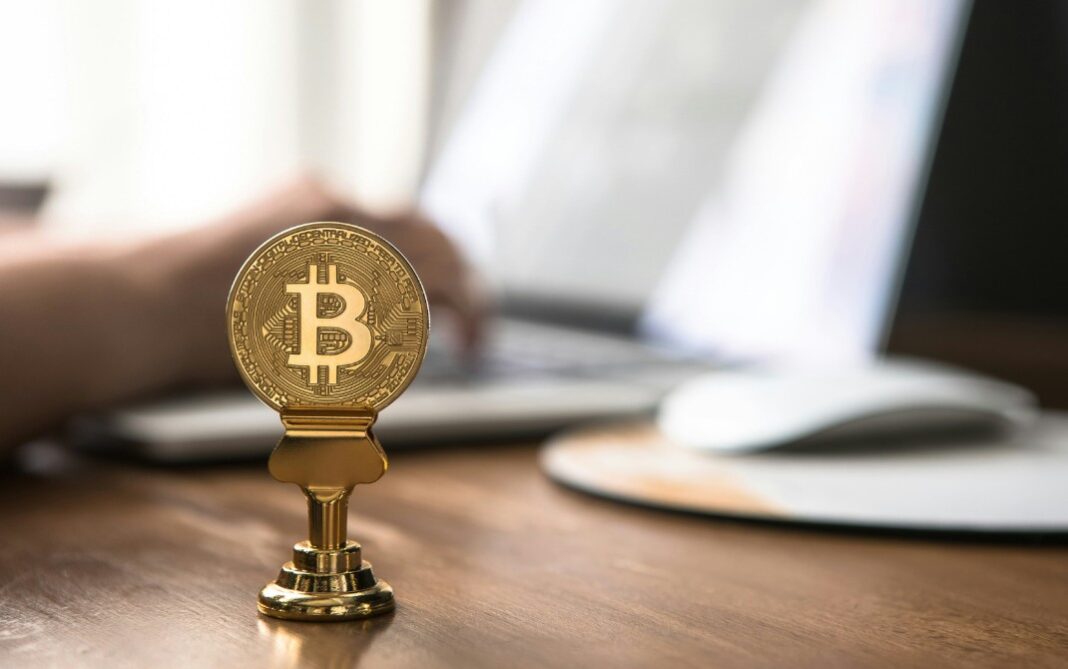Digital currencies have transformed the way we think about money. Unlike traditional fiat currencies, they operate across borders, free from centralized control, and can be transferred almost instantly anywhere in the world. This borderless nature creates immense opportunities for businesses and investors, but it also introduces unique risks. Understanding both the rewards and the dangers of digital currency exchange is essential in today’s rapidly evolving financial landscape.
Also Read: When Brain-Computer Interfaces Meet Digital Currencies
Rewards of Digital Currency Exchange
Speed and Accessibility
One of the primary benefits of digital currency exchange is speed and accessibility. Transactions that once took days or even weeks through traditional banking systems can now occur in seconds, allowing businesses to operate more efficiently in global markets. For individuals, this opens access to investment opportunities worldwide, breaking down barriers that previously limited participation.
Financial Inclusivity
Digital currencies empower people in regions with limited banking infrastructure to participate in the global economy. With just a smartphone and internet access, users can send, receive, and store value securely. This inclusivity broadens participation and enables economic growth in previously underserved regions.
Potential for High Returns
The volatility of digital currency markets creates opportunities for significant gains. Savvy investors who understand market trends and leverage proper strategies can benefit considerably from these fluctuations. This potential for high returns attracts traders and businesses looking for alternative revenue streams.
Integration with Innovative Technologies
Digital currency exchanges are increasingly integrating smart contracts, decentralized finance (DeFi) protocols, and AI-driven analytics. These tools enhance transparency, automate transactions, and provide actionable insights, expanding the overall value proposition of digital currency exchanges.
Risks of Digital Currency Exchange
Regulatory Uncertainty
The global regulatory landscape for digital currencies is fragmented. Some countries embrace these technologies, while others impose strict restrictions or bans. Navigating this patchwork of regulations can complicate compliance, expose users to legal risks, and impact market stability.
Security Concerns
Digital currency exchanges are prime targets for cyberattacks, including hacking, phishing, and fraud. Users risk losing their holdings if exchanges fail to implement robust security protocols. Recovery of lost funds is often difficult, making security a top priority.
Market Volatility
While volatility creates opportunities, it can equally result in significant losses. Investors must be prepared for rapid swings in value, which can impact individual portfolios and businesses relying on digital currency payments.
Operational Risks
The lack of centralized oversight can introduce liquidity and operational risks. Unlike traditional banks, some exchanges lack insurance protections and have experienced abrupt closures or freezes, leaving users unable to access their funds. Choosing reputable and compliant platforms is essential to mitigate these risks.
Balancing Risks and Rewards
Success in digital currency exchange requires a careful balance. Conducting thorough due diligence, diversifying holdings, and adopting strong security practices are key steps. Choosing exchanges with transparent operations, regulatory compliance, and advanced security measures reduces exposure to potential pitfalls.
Education is equally critical. Users must understand the mechanics of digital currencies, market dynamics, and the technological underpinnings of exchanges to make informed decisions. Combining knowledge with caution allows participants to navigate the borderless economy effectively.
Also Read: SocialFi Surge: Monetizing Influence on Decentralized Platforms
Conclusion
Digital currency exchange represents a paradigm shift in global finance, offering speed, inclusivity, and innovation. At the same time, it carries risks related to security, regulation, and market volatility. By understanding both sides of the equation, businesses and individuals can leverage these tools responsibly, harnessing rewards while mitigating potential dangers. In a world without borders, digital currencies are not just a technology; they are a gateway to the future of financial interaction.




